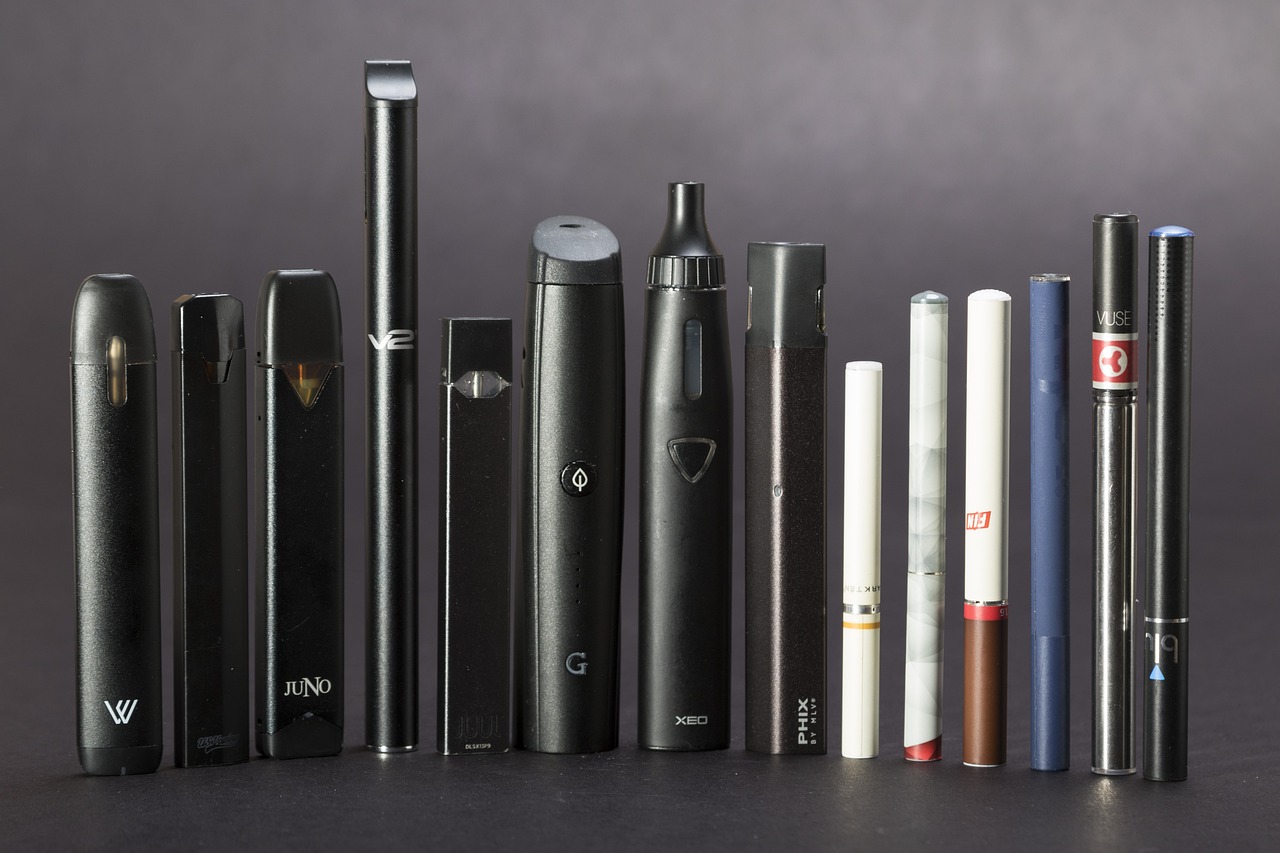



When Stephanie Marcincavage, MHPE, BS, RRT, was a student, clinical simulation was a brand new thing at her college. Her professor took the class up to the lab for a simulation experience and she was intrigued by the equipment and all it had to offer.
As a student tutor in the program, she got the chance to work with other students in the lab as well and see how the equipment operated. After she received her bachelor’s degree, a simulation position opened up at Macomb Community College (MCC) in Warren, MI, and she decided to apply.
Marcincavage became the human patient simulator lab manager — a part-time job in 2012 — and at that time, the entire Simulation Center fit into a 10 x 12 foot room. By 2018 it had moved into a former classroom and featured three simulation beds along with a control room and a viewing area.
“During the pandemic I was able to create virtual simulations for RT students and did a ton of research into virtual simulation platforms for nursing,” she said. “In 2021 we expanded the lab further to add two additional rooms. In one of the rooms, we installed some amazing technology from Echo Healthcare called Immersive Interactive.”
Interprofessional simulations
Simulation was particularly important during the pandemic, continues Marcincavage, because so many students lost their clinical sites. “They were able to come to the sim center and participate in cases and manage a vent and interpret ABG results and see x-rays,” she said. “We had an opportunity to involve students in interprofessional education simulations, as well having a patient stroke and then code. RTs, RNs, OTAs, and PTAs worked as a team to care for the patient and deal with family members.”
She allowed RT and RN students to shadow her in the lab to see if clinical simulation might be a path they would also like to follow someday as well.
Over time, all the allied health programs at the school increased their use of the space. “RT went from two simulation cases a year to five,” she said.
Moving up to the medical school level
In 2022, Marcincavage took her interest in clinical simulation to the next level when she accepted a job as the assistant director of clinical skills and simulation at Oakland University William Beaumont (OUWB) School of Medicine in Rochester, MI. “I decided to apply for the job at OUWB to try my hand at something new and get to be innovative in a different space,” she said. “I think my health care background and simulation experience definitely got me the position.”
The job has required her to manage all the simulation equipment in the lab and she is also in charge of bringing future innovations to the department. Most recently, she has been named interim director of the lab.
Along with Elizabeth Santamaria, MEd, BSRC, RRT, who now serves as interim assistant director of the lab, she handles the physical exam training for all the standardized patients used in the setting as well. “We currently manage about 40 standardized patients, and they need to know how to portray a case and understand what physical exams will be done to them during student encounters,” she explained.
She has also helped to create some interprofessional education (IPE) virtual experiences where the medical students work with dental students from the University of Detroit Mercy. She hopes to be able to add more IPE and to include RT students in the scenarios in the future.
Marcincavage says she misses working in the ICU and emergency department and helping her pulmonary rehabilitation patients cope with their conditions. But getting to see the “ah ha” looks on the faces of her students when something clicks for them in the simulation lab and having a hand in creating simulation experiences for medical students has helped to make up for the loss.
“At MCC it was why they were making a ventilator change or what they should ask the patient,” she said. “Now at OUWB I enjoy getting to use my clinical background to help shape what students learn in their programs. I bring a clinical knowledge base that no other assistant director has had since the school opened in 2011.”
RTs benefit
Stephanie Marcincavage believes clinical simulation has a huge role to play in the education of respiratory therapists and encourages her colleagues to consider a role in the field. “We are able to create experiences in a sim lab that an RT student might not otherwise get to experience except from reading a case study,” she said.
She has this advice for anyone interested in branching out into a new area like clinical simulation —
- Don’t ever be scared to apply or interview for a job or speak up on behalf of a patient. Be proud of the fact you are an RT and the impact we have on patients and in health care overall.
- Be willing to be a team player. Understand the value of the knowledge you bring to the table.
- It is never too late to go back to school. I was worried it wouldn’t be worth it for me to go back and get a master’s degree, but I am happy I started my program. I have learned so much and made key collaborations in the process.
- Find ways to help your profession. I know it sounds so corny, but seriously I had so many doors open for me after participating as a district representative for the Michigan Society for Respiratory Care and joining state simulation collaboratives.
- Present what you know and enjoy. People can tell when you are passionate and enjoy the material you are presenting.
Email newsroom@aarc.org with questions or comments, we’d love to hear from you.
Debbie Bunch is an AARC contributor who writes feature articles, news stories, and other content for Newsroom, the AARC website, and associated emailed newsletters. In her spare time, she enjoys reading, traveling, photography, and spending time with her children and grandchildren. Connect with Debbie by email or on AARConnect or LinkedIn.








